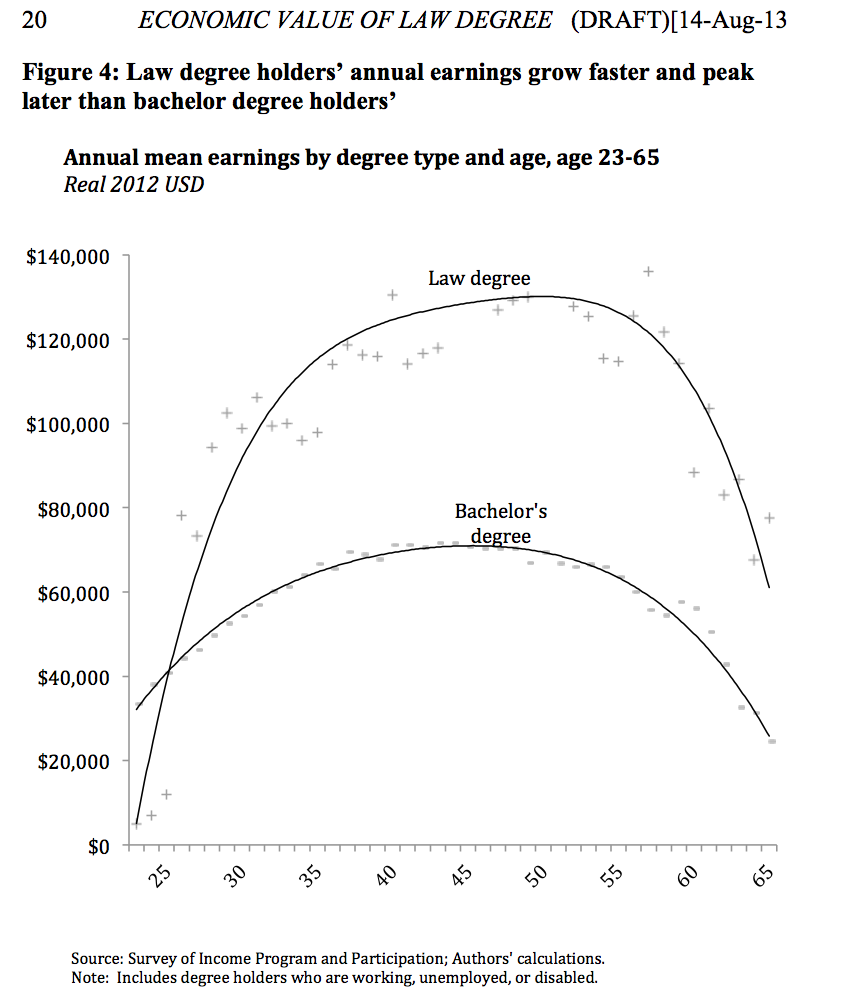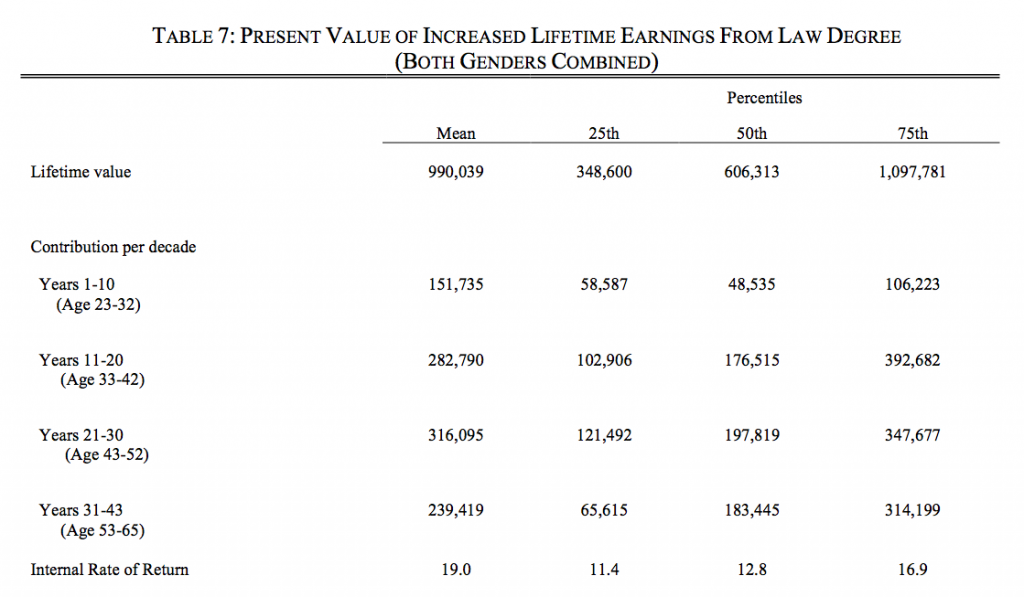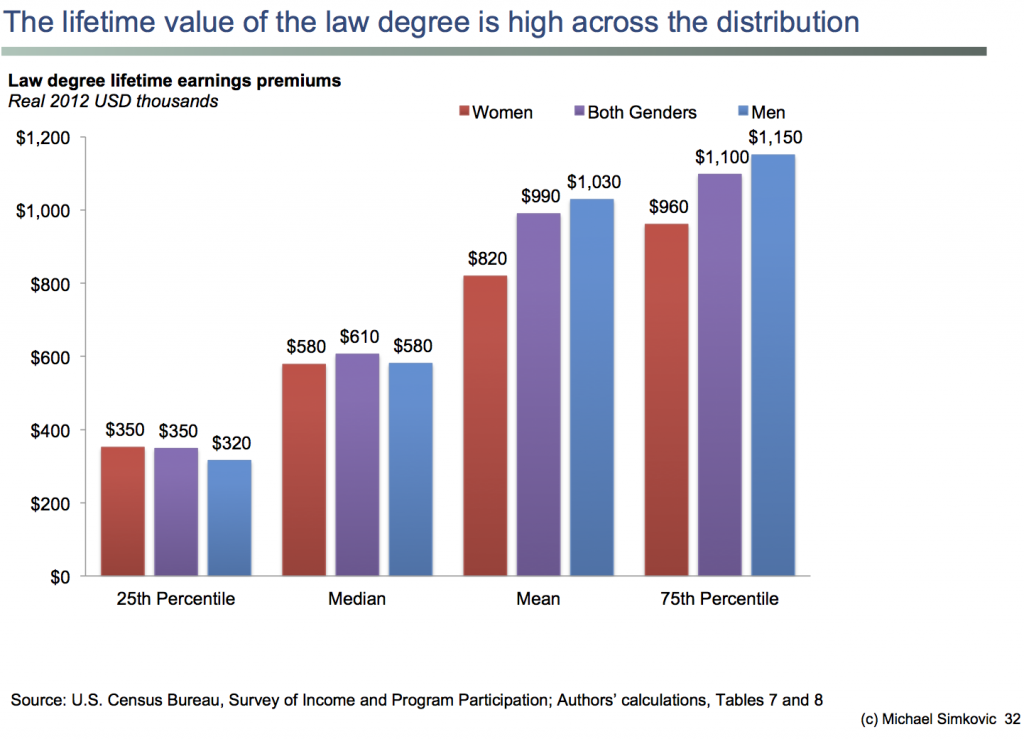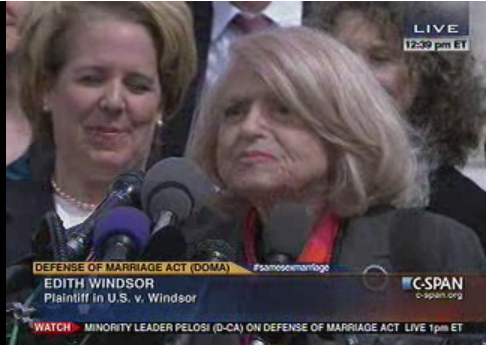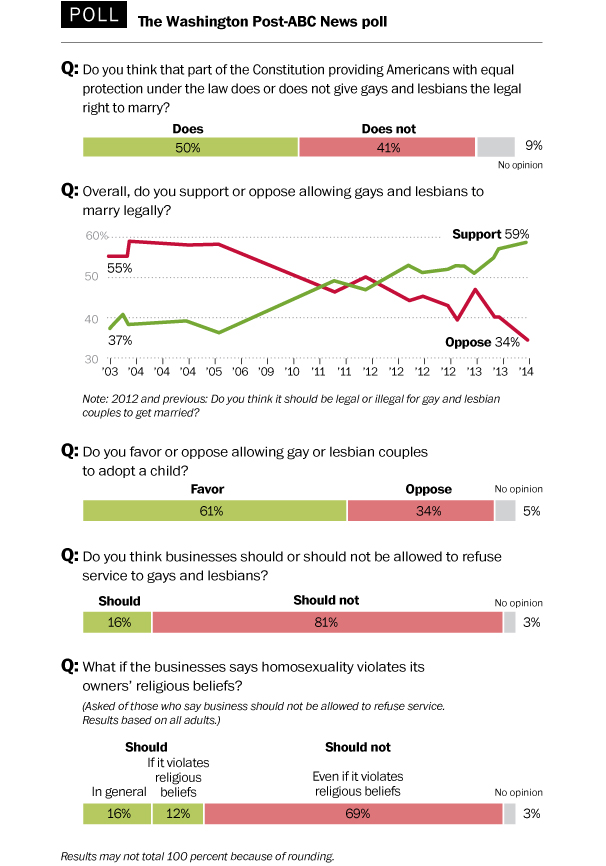Property I Sample Examination
Instructions
(These are the instructions that will be on the final exam).
You will have three hours to complete this exam. There are two essay questions. Each question is worth 50% of the final score. Each question has a 500-word limit. Anything you write past 500 words will not be read. Please use the word-count feature to check the length of each answer, or count the words if you are hand-writing the exam.
The exam is completely open-book. You can use anything you wish, so long as that it was printed before the distribution of this exam. Obtaining any new information from anyone or anything after the exam is prohibited.
Question
The year is 1839. The Republic of Texas has recently declared its independence. You are clerking for the Chief Justice of the Texas Supreme Court, and have been asked to prepare a memorandum explaining this very-Texas property problem. Because time is short, the Chief Justice wants a memorandum of no more than 500 words. (Y’all and other Texisms count as one word). If there are multiple possible outcomes, please discuss the options. Texas applies all of the common law property rules, as stated in the Restatement (First) of Property (which will be published in about 100 years). Any similarities or dissimilarities between this fact pattern and actual Texas history are unintentional–please indulge your Yankee professor.
—
In 1836, Austin led the Texians in their triumphant victory in the Texas Revolution. During his conquests, Austin claimed ownership of two plots of land in what was now the Republic of Texas: Gonzales and Alamo. Nearing the end of his life, Austin set out to ensure that his friends and family were taken care of after his death. At the time, Austin was not married, and had three children: Bowie, Crocket, and Dusk. Austin also had several close friends: Eustache, Fannin, and Gamar.
On January 1, 1837, Austin recorded the first of two conveyances: “I convey Gonzales to Bowie for life, then to Eustache and his heirs so long as the cannon used during the Battle of Gonzales remains in Gonzales.”
On January 2, 1837, Bowie took his own life and fell on his (bowie) knife.
On February 1, 1837, Austin recorded the second conveyance: “I convey Alamo to Crockett and Dusk jointly, but if the Alamo fort is not maintained, then to Fannin and his heirs.
On February 2, 1837, Crockett locks the Alamo fort, and prevents Dusk from entering.
On February 14, 1837, Crockett became too busy hunting raccoons for his new coonskin cap, and forgot about the Alamo. It quickly fell into disrepair.
On May 1, 1837, tragically, Crockett was attacked by a rabid racoon, and dies.
On May 14, 1837, afraid of his own mortality after Crockett’s sudden demise, Dusk recorded the following conveyance: “Alamo to myself for my life, then to Gamar and his heirs.”
On May 15, 1837 at Crockett’s funeral, Fannin learns that the Alamo is in disrepair, and tells Dusk that he is moving in.
On May 16, 1837, Dusk dies during a tragic mutton-bustin’ accident, that would later become known as the silence of the lambs.
On May 30, 1837 Fannin enters Alamo and demands access. Gamar, who had moved in after Dusk kicked the bucket, won’t let him in.
On December 31, 1837, Austin died, leaving no heirs.
On January 2, 1838, General Hanta Anna, still peeved over losing the war, entered Gonzales and claimed that Austin never properly acquired Gonzales, and that the land belongs to him. Hanta Anna claimed that in 1824 the Native Americans in Gonzales conveyed the land to him. Eustache, with a classic Texian bravado and swagger, kicks out Hanta Anna.
On February 1, 1838, Hanta Anna, taking Gonzales’ “Come and Take It” flag a little too seriously, came and took it. He seized the canon and brought it South of the Border. By messing with Texas, he nearly ignited another Revolution.
—
With these facts, address the following questions in your memorandum to the Chief Justice.
(1) With respect to Gonzales, describe the interests held by Austin, Bowie, Eustache, and Hanta Anna at the following dates (If a person has not yet acquired any interest at a certain date, no need to discuss it):
(a) 1/1/37
(b) 1/2/37
(c) 1/2/38
(d) 2/1/38
(2) With respect to Alamo, describe the interests held by Austin, Crocket, Dusk, Fanin, and Gamar at the following dates (If a person has not yet acquired any interest at a certain date, no need to discuss it):
(a) 2/1/37
(b) 2/2/37
(c) 2/14/37
(d) 5/1/37
(e) 5/16/37
(f) 5/30/37




